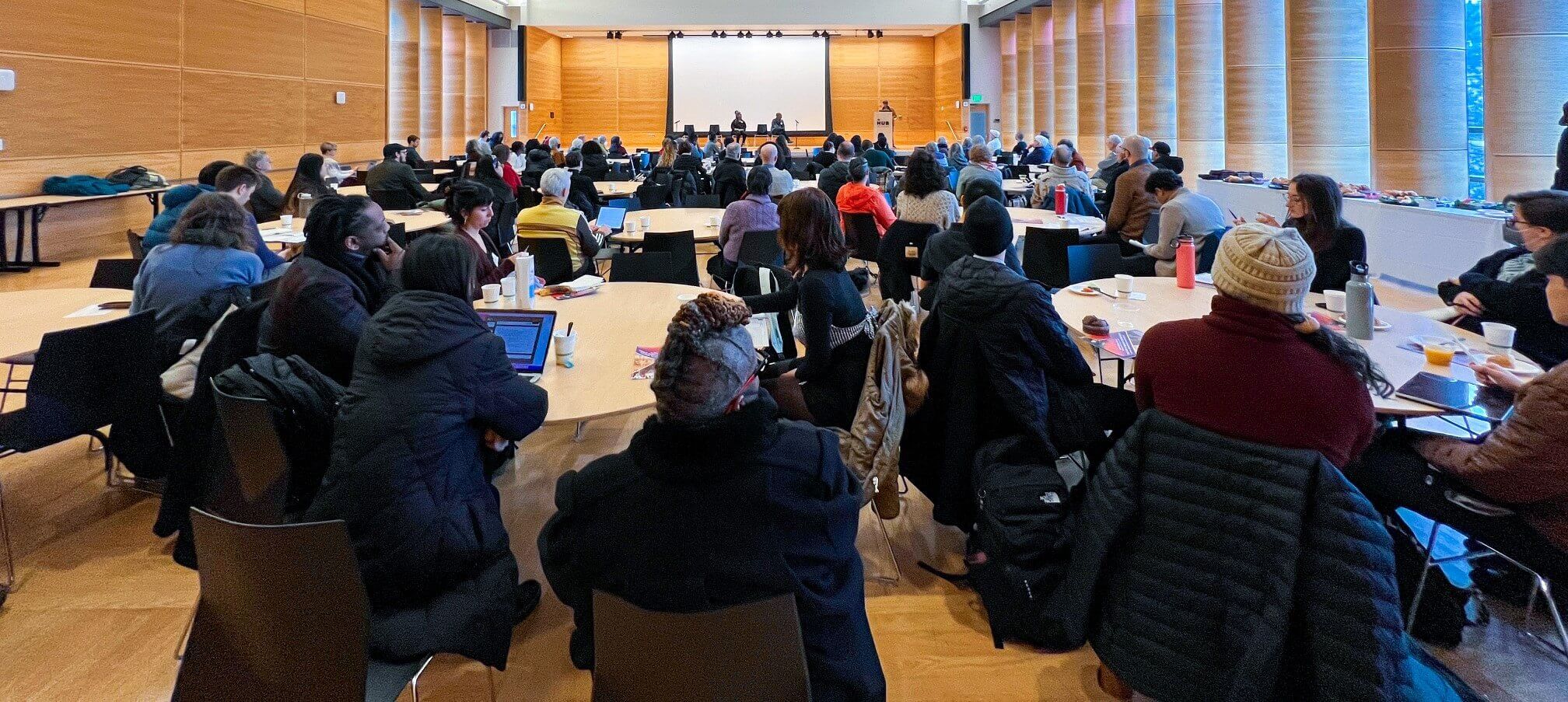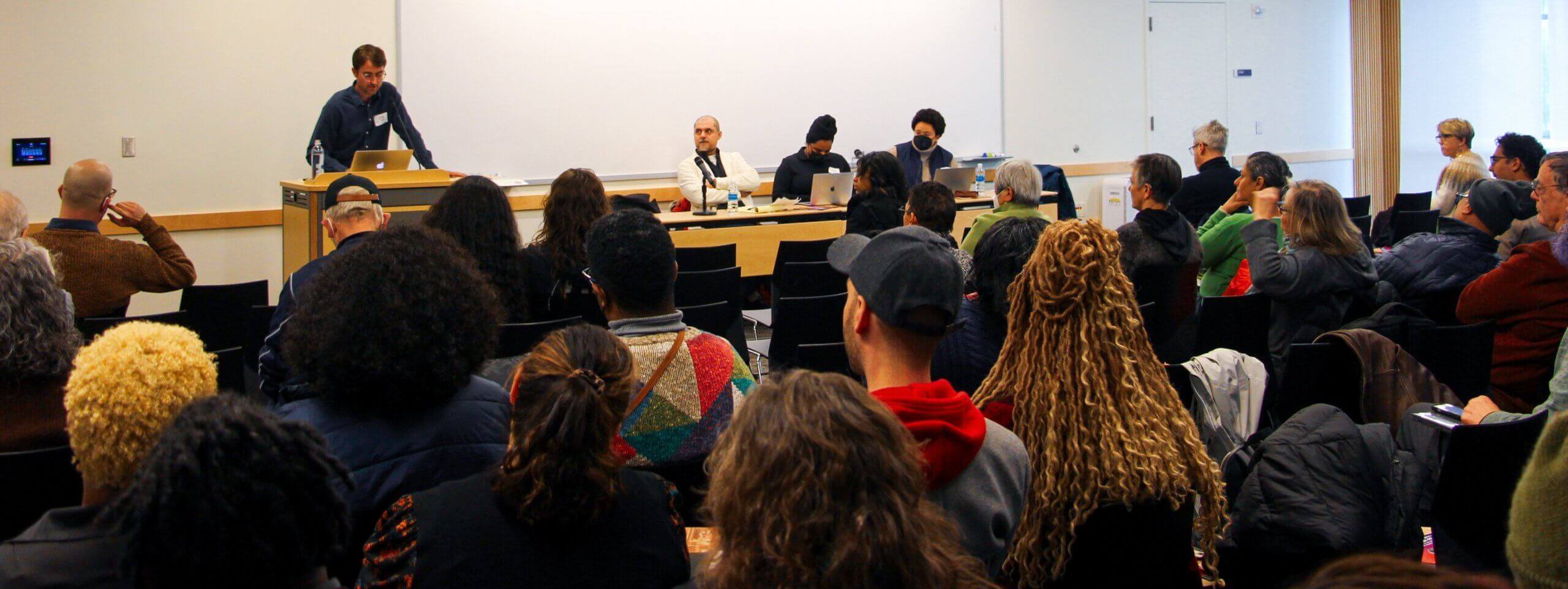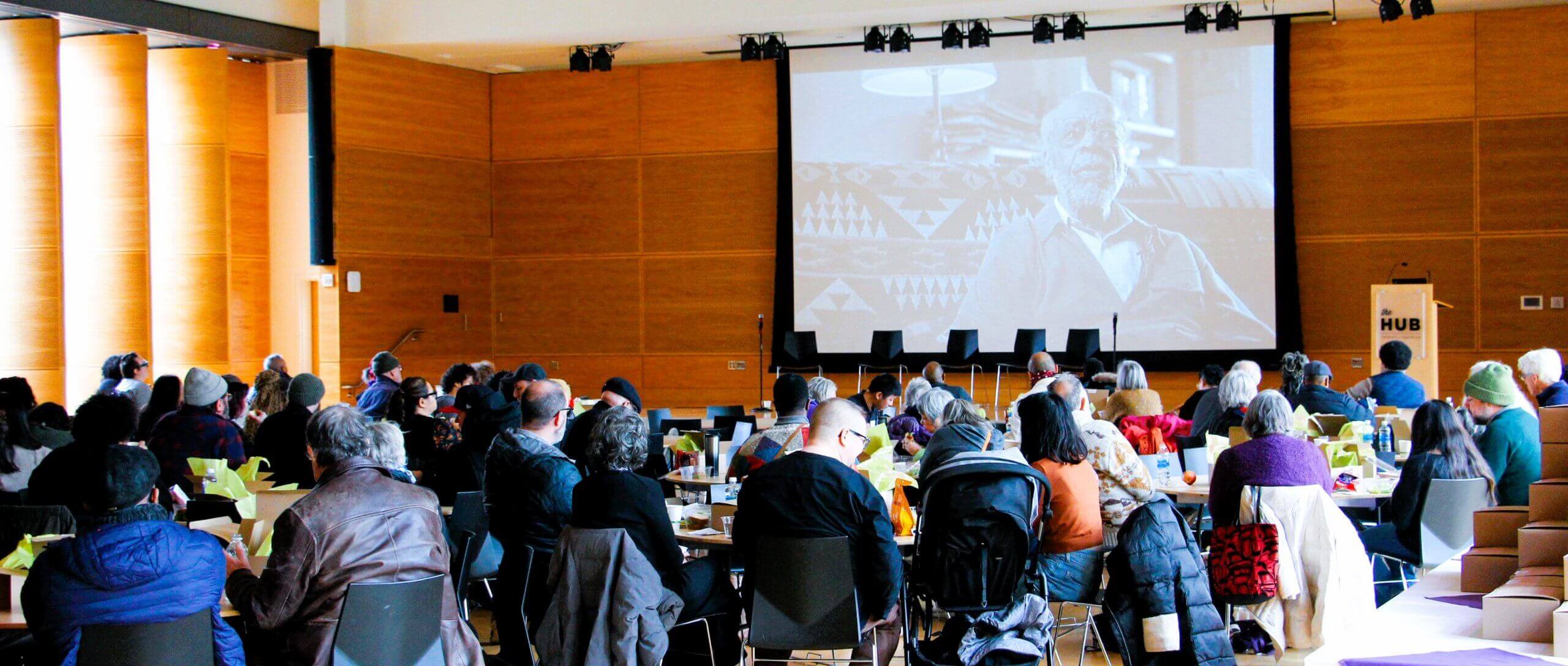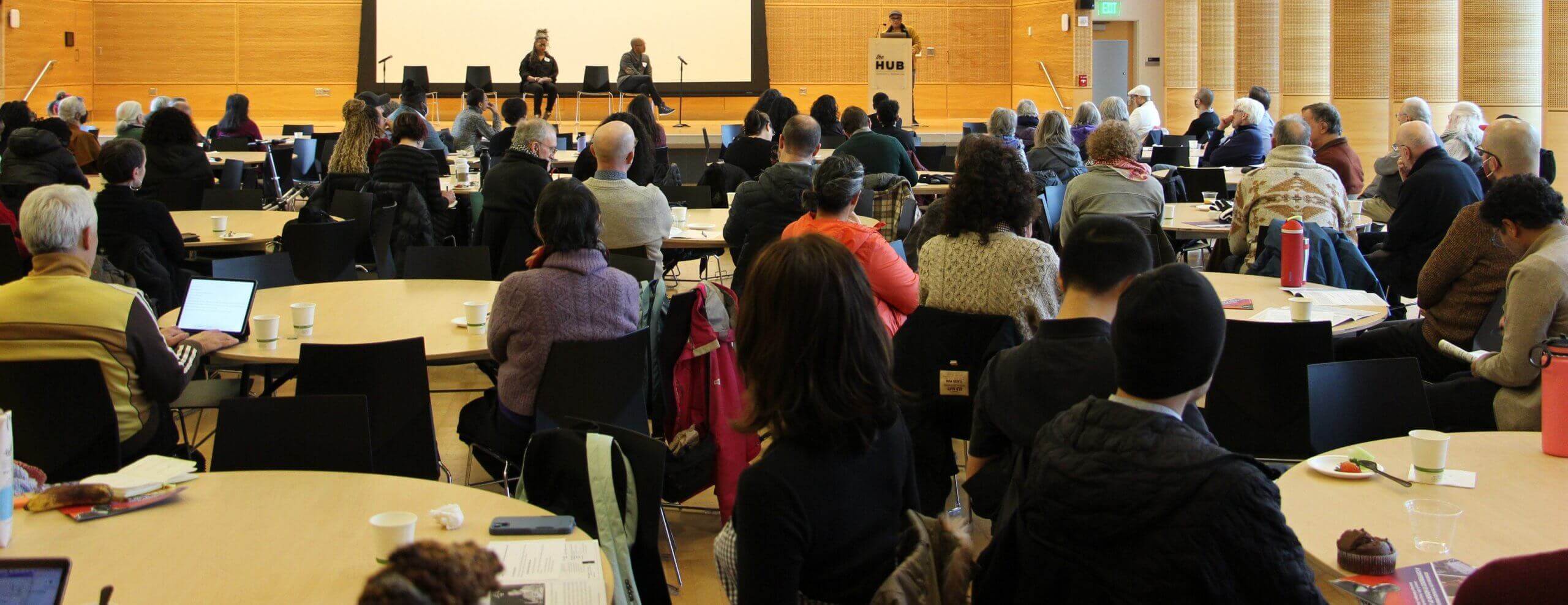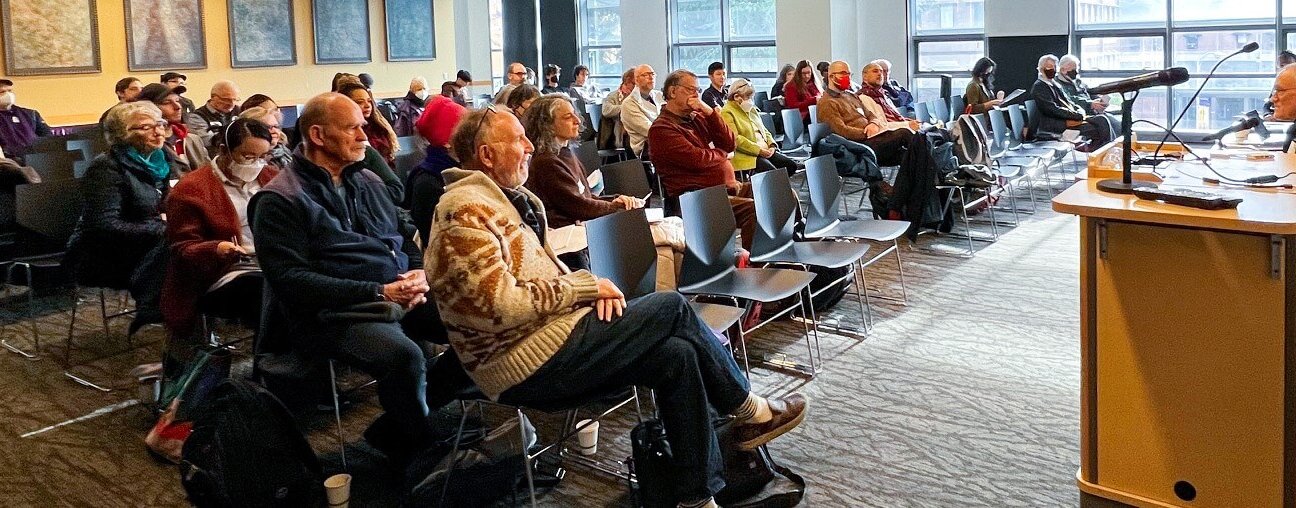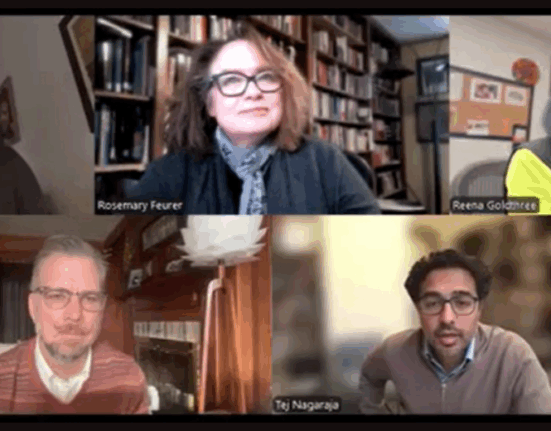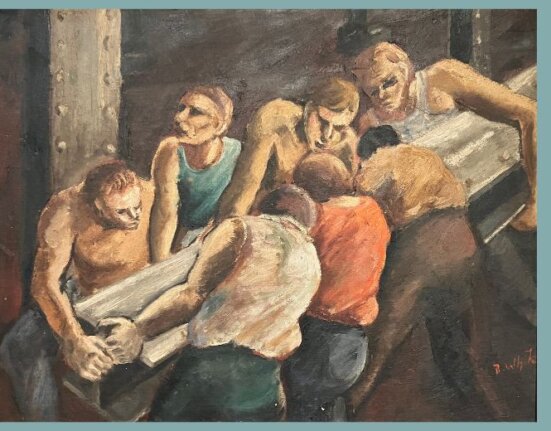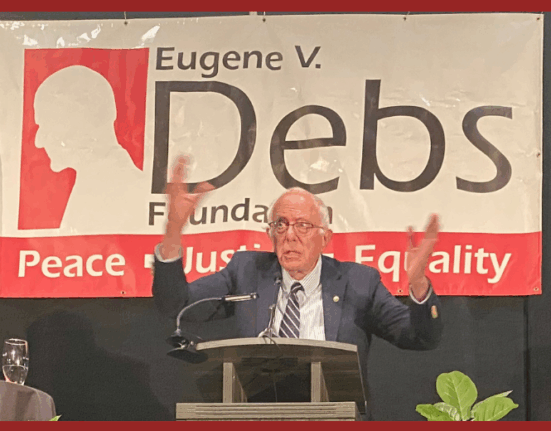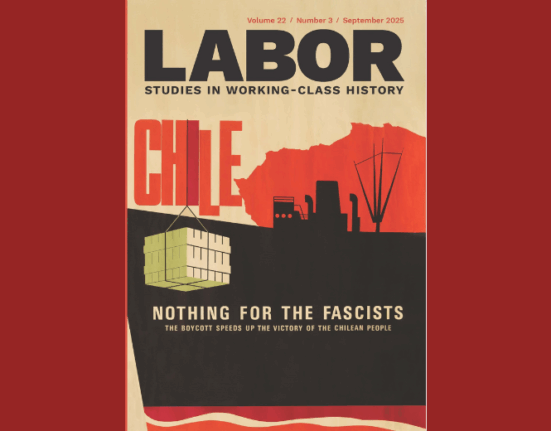On the frosty morning of January 13, 2024, the student union building at the University of Washington (UW) was buzzing with the joy of reunion as longtime friends, students, and comrades of Jack O’Dell (1923-2019) gathered to attend “Reckoning with the Black Radical Tradition,” a conference held in honor of O’Dell. The event was hosted by the UW Harry Bridges Center for Labor Studies, a center dedicated to the advancement of all working peoples. A trusted advisor to Martin Luther King Jr. and Jesse Jackson, O’Dell was a lesser known yet indispensable figure in the Black freedom movement in the latter half of the twentieth century. He was a visionary organizer and intellectual who was deeply attuned to the constantly changing field of struggle. His sharp historical analyses and engagement with diverse modes of organizing were always informed by the task at hand.
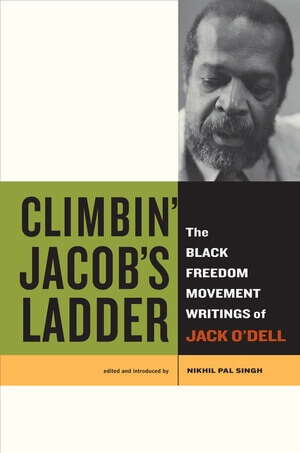
In the months leading up to the conference, the Bridges Center hosted a reading group on Climbin’ Jacob’s Ladder: The Black Freedom Movement Writings of Jack O’Dell, edited by Nikhil Pal Singh. The reading group was open to the public and brought together multiple generations of local labor activists, community organizers, and scholars and students at the UW. Movement contemporaries of O’Dell, including conference speakers Sharon Maeda and Cindy Domingo, offered insights to imagine the political intentions behind his writing. Who was O’Dell writing to? What was motivating the historical and rhetorical framing in his essays? And which direction was he pointing his fellow organizers toward? It was his fiercely activist orientation that made O’Dell an intellectual force.
Amid the mounting attacks in the United States against the critical study of social difference and diversity, equity, and inclusion (DEI) initiatives—sometimes by levying the very language of DEI against itself, currently to repress any discussion of Palestine—what is the role of intellectuals in the movement today? These attacks have laid bare the multi-scalar ideological maneuvers of the U.S. empire, as “foreign” affairs, such as the crisis in Gaza, are given meaning and made permissible through ”domestic” paradigms, such as DEI in its appropriated form. The task of cultural and intellectual workers, as Roderick Ferguson (Yale University) emphasized in the opening plenary, is to unveil these ideological mechanisms and sharpen the tools to make commensurable counter-movements “feel seamless.” This was the power of O’Dell’s scholarship—to create the affect of seamlessness—and the longstanding relevance of his Black internationalist outlook.
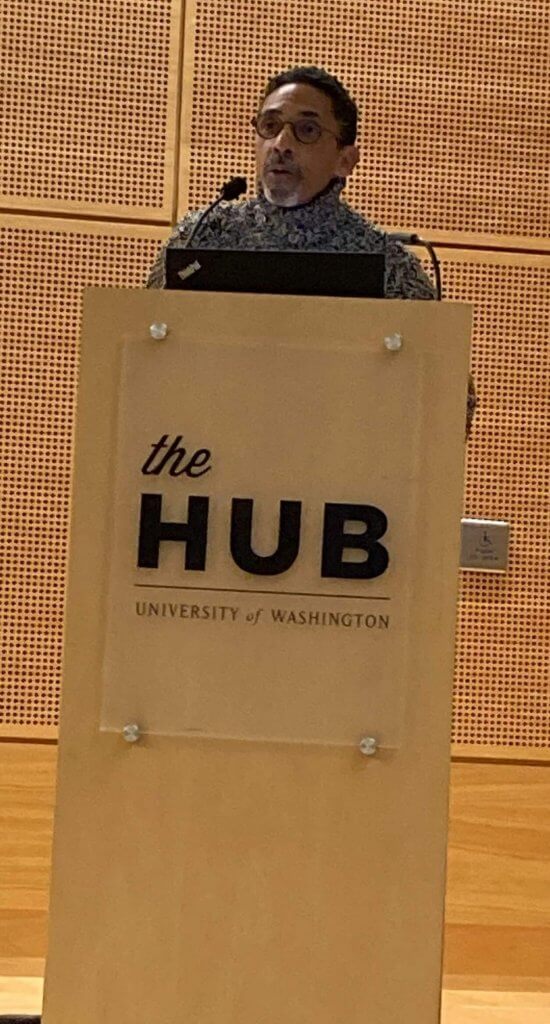
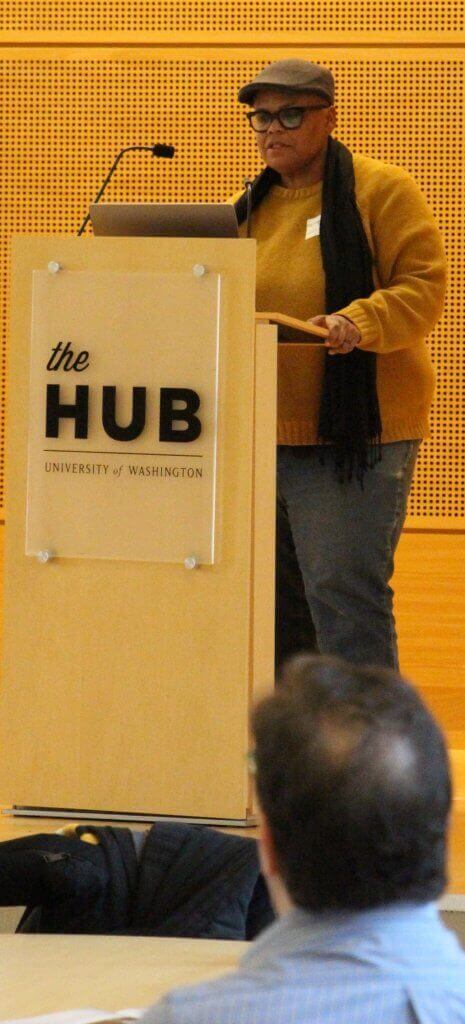
In their plenary talks, Keeanga-Yamahtta Taylor (Princeton University) and Robin D. G. Kelley (UCLA) modeled how we can take stock of our past, not to replicate it in the present, but to assemble a different kind of future. O’Dell’s life and work remind us that this chore of taking stock—which some might call, intellectual life—is meant for all of us who want to make sense of this dizzying world and understand where it has been, where it is going, and how to recognize our own agency and complicity in shaping its path. At a moment when critical theory and studies of social difference have received institutional recognition, albeit unstable, we must remember that study is not a property of the academy. For those deeply skeptical of the university, which has been erected through racial and settler colonial violence, we cannot confound its dismantling with the renouncement of our intellectual lives. Rather, by cultivating them on our own terms, in and outside the classroom, we can move forward with more clarity and precision, following the footsteps of Jack O’Dell.
